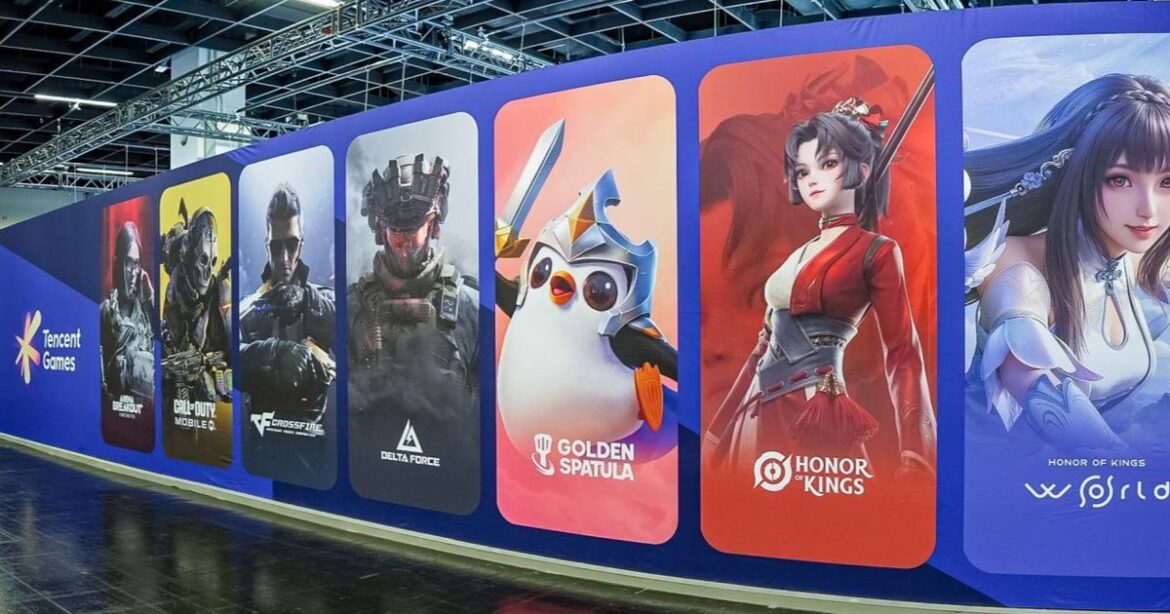Yakuza studio Ryu Ga Gotoku’s next project, Stranger Than Heaven, was teased at its RGG Summit as part of the Tokyo Games Show.
Previously known as Project Century, Stranger Than Heaven was properly unveiled earlier this year with a trailer revealing the name.
Now a further tease has been shown: the summit closed with a fresh look at the game alongside footage of the team working on the project. Check it out at the end of the stream below.
RGG SUMMIT 2025Watch on YouTube
The footage shows a female jazz singer, also part of the previous reveal, but behind the scenes footage also includes glimpses of other areas of development.
It’s not much to go on and somewhat proves the game is a way off yet. As per Sega’s last financial report, Stranger Than Heaven is expected to release in or beyond the company’s next financial year ending March 2027.
Little else is known about the game, though its codename does suggest it’ll take place in multiple time periods. At the least, the reveal trailer took place in 1943.
Also at the RGG Summit, the studio officially revealed Yakuza Kiwami 3, its latest remake.





